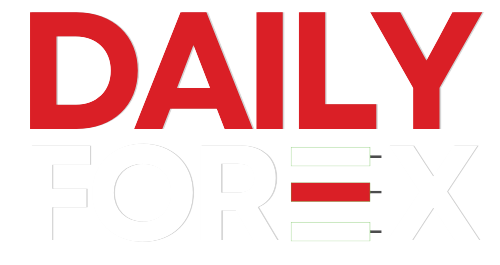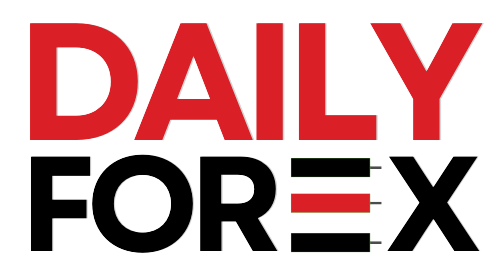A decentralized application, commonly known as a dApp, is a software application that runs on a blockchain rather than relying on a centralized server. Built using smart contracts, dApps operate autonomously and execute actions automatically when predefined conditions are met.
Unlike traditional web or mobile apps, dApps integrate a frontend user interface with a backend powered by smart contracts. These smart contracts function as the logic layer of the application and are stored on the blockchain, making them secure, transparent, and tamper-proof.
Key Features of dApps
- Autonomy: Once deployed, dApps operate without the need for human intervention.
- Open-source: Their source code is available to the public, allowing anyone to verify its functionality and security.
- Censorship-resistant: Governments or corporations cannot block or restrict access to dApps.
- Decentralized infrastructure: dApps run on a distributed network of nodes, making them resilient to outages and hacking attempts.
Benefits of Using dApps
- Trustless Execution: Users don’t need to trust a third party. The code guarantees execution as intended.
- Enhanced Security: With no central server, the risk of hacks or single points of failure is significantly reduced.
- Global Accessibility: Anyone with an internet connection and a compatible crypto wallet can access dApps.
- Transparency: All transactions and contract logic are publicly viewable on the blockchain.
Challenges of dApps
- Scalability: Because all nodes must process transactions, performance can slow down during peak activity.
- User Experience: Interacting with dApps often requires some technical know-how and can be less intuitive than traditional apps.
- Upgrades and Bug Fixes: Once deployed, modifying smart contracts can be complex and costly.
Real-World Example: Uniswap
Uniswap is a decentralized exchange (DEX) built on the Ethereum blockchain. It allows users to swap tokens directly from their wallets using an Automated Market Maker (AMM) protocol.
- No order books: Instead of matching buy and sell orders, Uniswap uses liquidity pools and mathematical formulas to determine pricing.
- Liquidity Providers (LPs): Users supply assets to the pools and earn a portion of the trading fees in return.
- Permissionless Access: Anyone can use Uniswap without needing to create an account or provide personal information. Just connect your crypto wallet.
The Future of dApps
As blockchain technology continues to evolve, dApps are expected to play a major role in areas such as decentralized finance (DeFi), gaming, social media, digital identity, and more. Improvements in scalability solutions like Ethereum 2.0 and Layer 2 networks promise to make dApps faster, cheaper, and more accessible.
Conclusion
dApps represent a powerful shift in how applications are built and deployed. By eliminating central points of control and enabling trustless transactions, decentralized applications provide users with greater security, freedom, and transparency in the digital world.
Stay educated with Daily Forex Pakistan.




